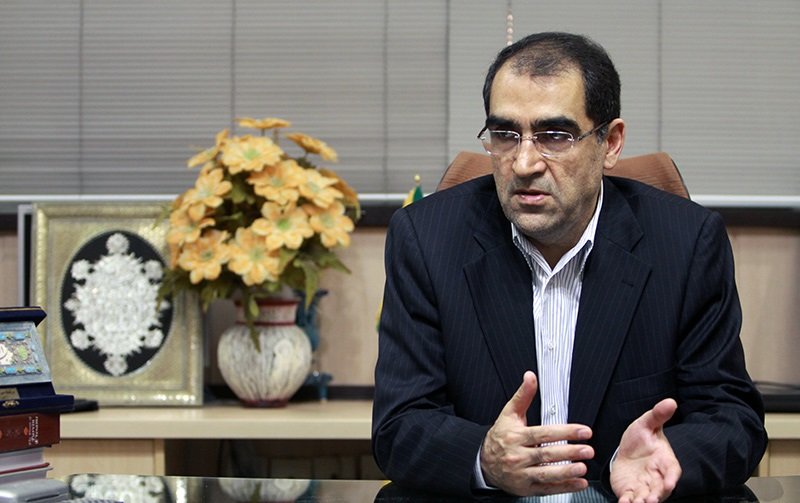Successful healthcare reform plan justifies the costs: minister

TEHRAN — The healthcare reform plan’s success justifies the expenses arising from its implementation, Health Minister Hassan Qazizadeh-Hashemi told the Persian language Sharq newspaper in an interview published on Saturday.
The healthcare reform plan, aiming at decreasing the out-of-pocket expenses for the patients, promoting natural birth, and supporting underprivileged patients suffering from rare or incurable diseases, was launched in the country in May 2014.
The plan has since faced a barrage of harsh criticism for being futile and inefficient with regard to the resources diverted into implementing it.
“The overall costs of the healthcare reform plan’s implementation amount to some 120 trillion rials (nearly $3 billion) since the day it was launched which for one, along with its many other achievements, resulted in health insurance coverage for 11 million people [living in underprivileged areas],” Qazizadeh-Hashemi highlighted.
The minister went on to say that “Now compare it to the amount of money spent on self-sufficiency in production of wheat which values at 150 trillion rials (nearly $3.75 billion) per annum; half the money would do for importing wheat into the country.”
According to the first vice-president Es’haq Jahangiri, the budget allocated to Education Ministry increased from 142 trillion rials (nearly $3.55 billion) to 315 trillion rials (nearly $7.9 billion) since the beginning of the current administration in 2013, he added.
Considering the two amounts and with regards to the flaws in education sector and self-sufficiency in production of wheat, “We didn’t spend much compared to what we gained,” he underlined.
Compared to other countries, and not just developed ones but those in the region, Iran spends much less on health expenditure per person while according to the general policies outlined by Supreme Leader Ayatollah Ali Khamenei health expenditure per capita must be at regional average.
Annual healthcare expenditure per capita amounts to $1,800 in the U.S., $600 in Saudi Arabia, $400 in Turkey, and $200 in Iran, he explained, adding, “we are far too behind the regional average and to compensate for that we have to spent billions of dollars in addition to what we are spending now.”
MQ/MG
